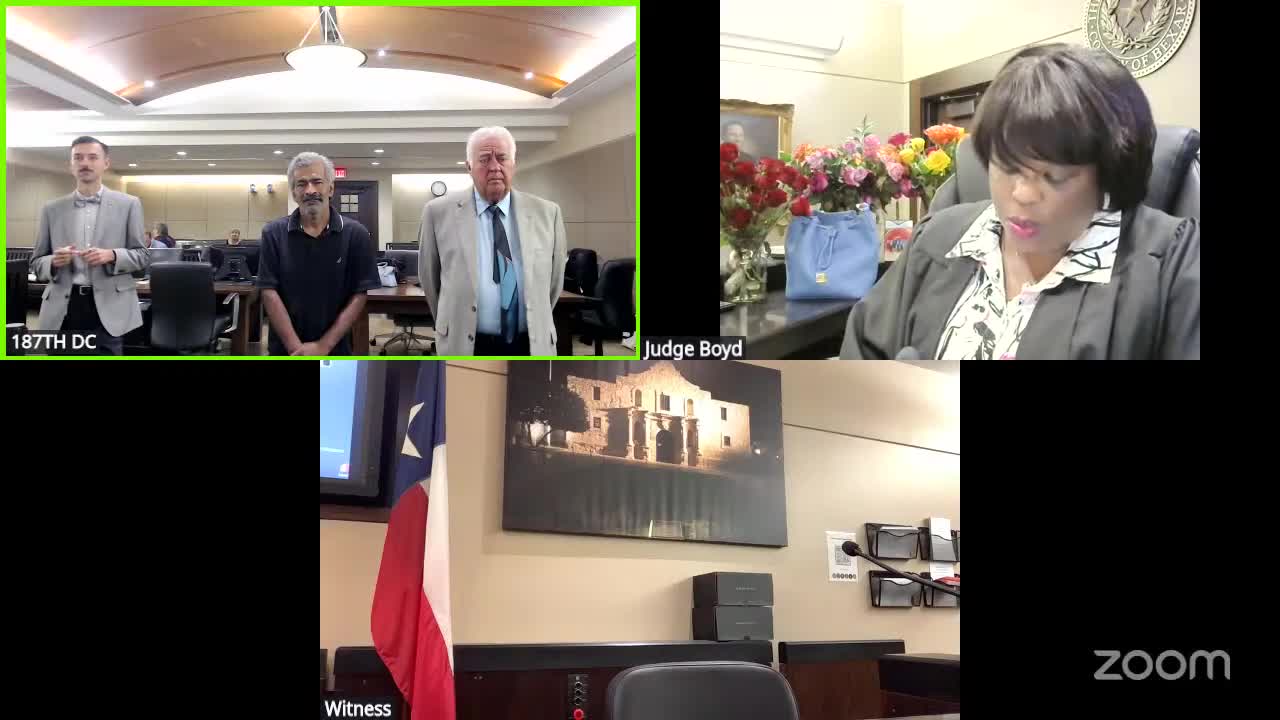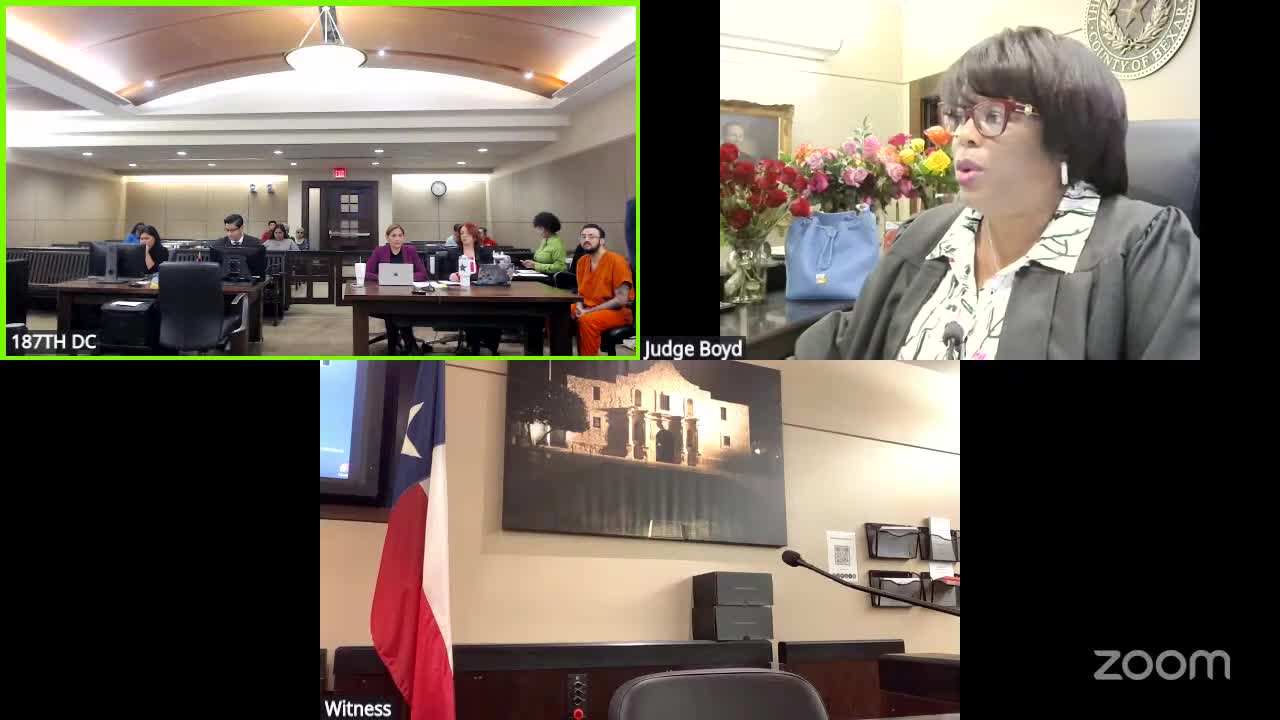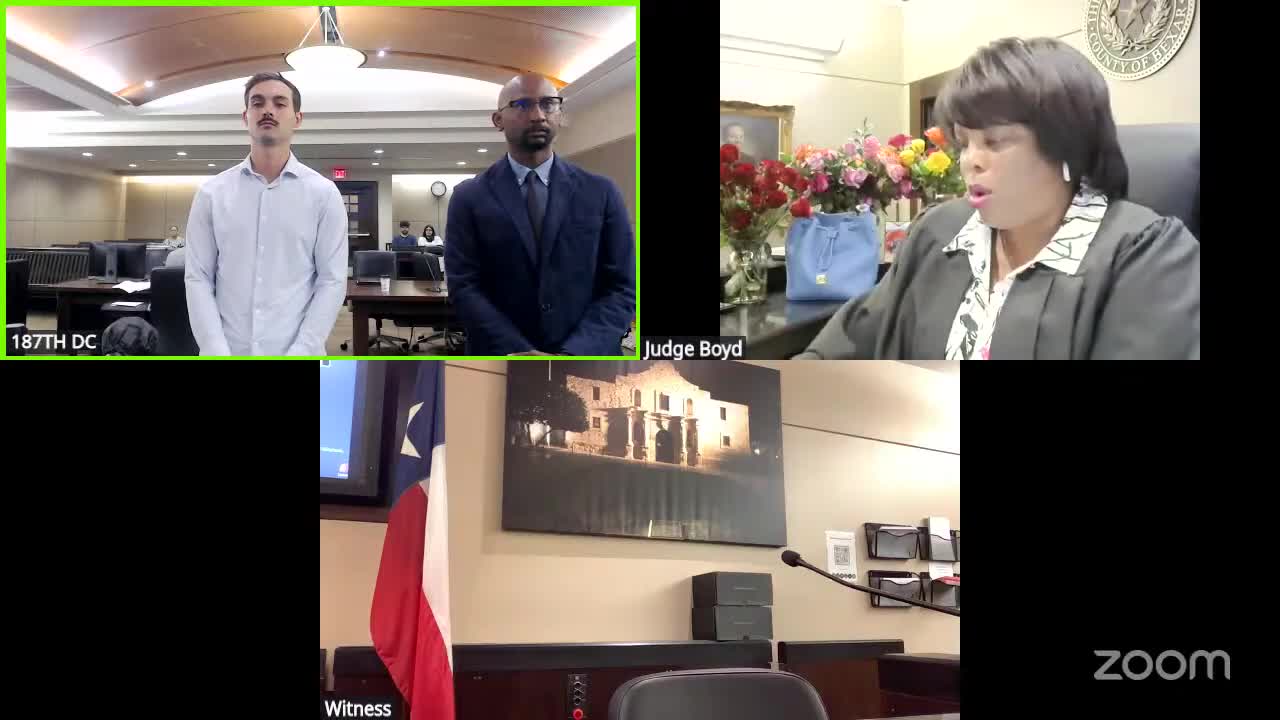Article not found
This article is no longer available. But don't worry—we've gathered other articles that discuss the same topic.

Court Grants Deferred Adjudication to Joe Anthony Grant, Orders Treatment, Community Service and Testing

Judge Boyd Sentences Alexander Rodriguez to 30 Years; Orders Lifetime Sex-offender Registration and No Contact

